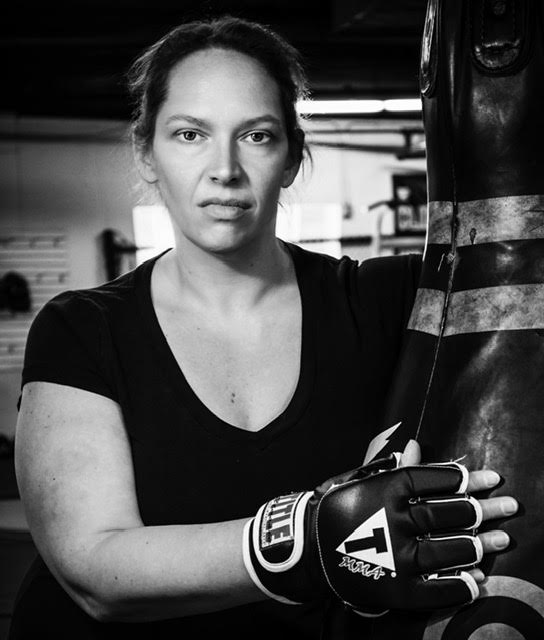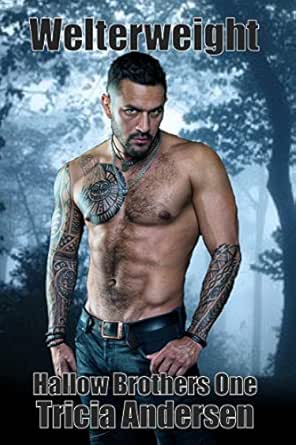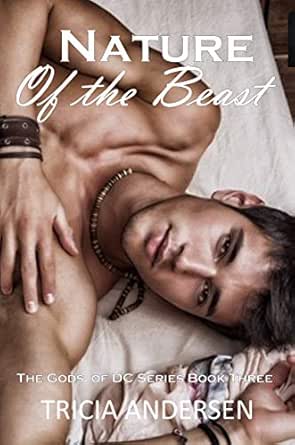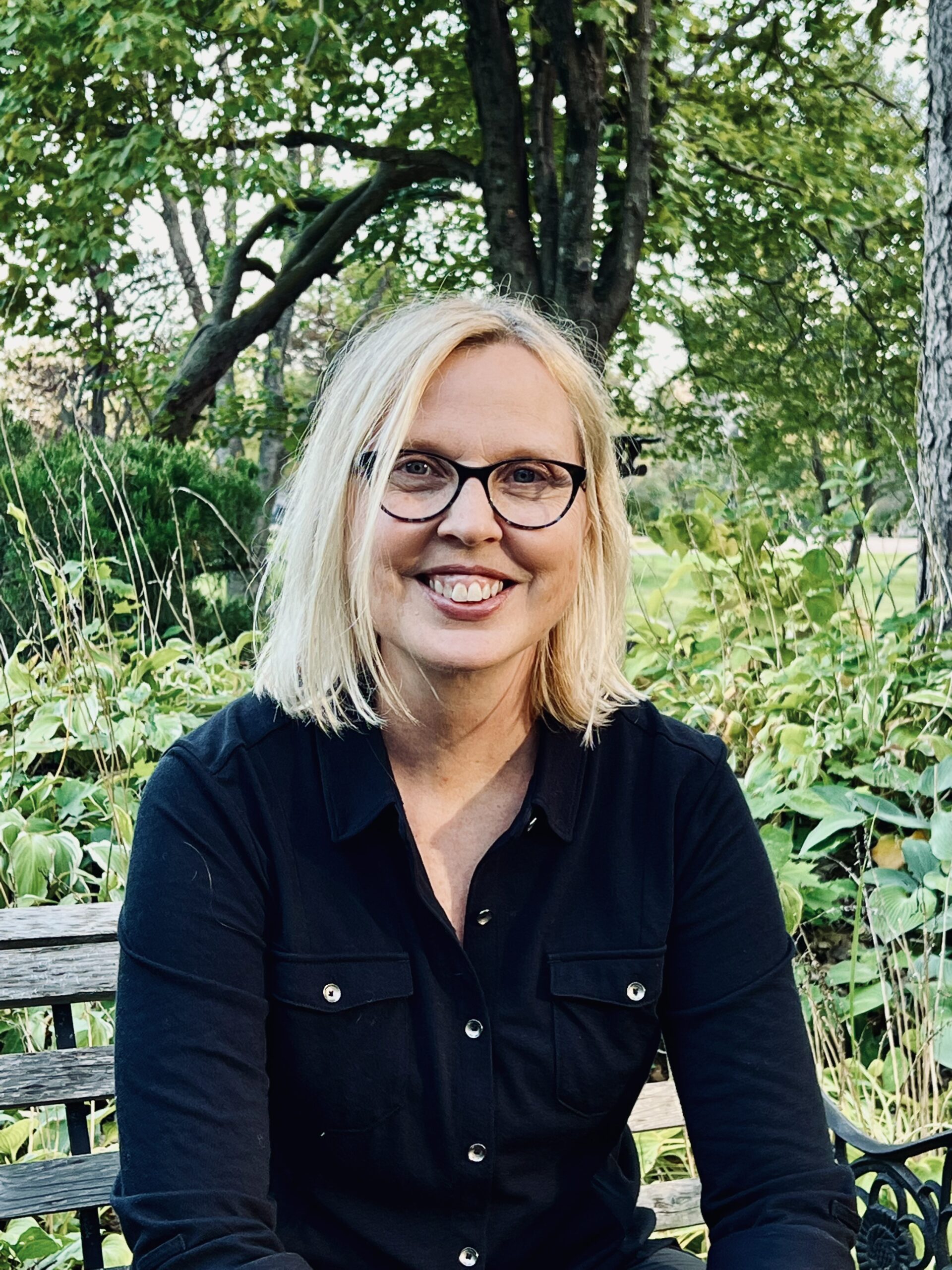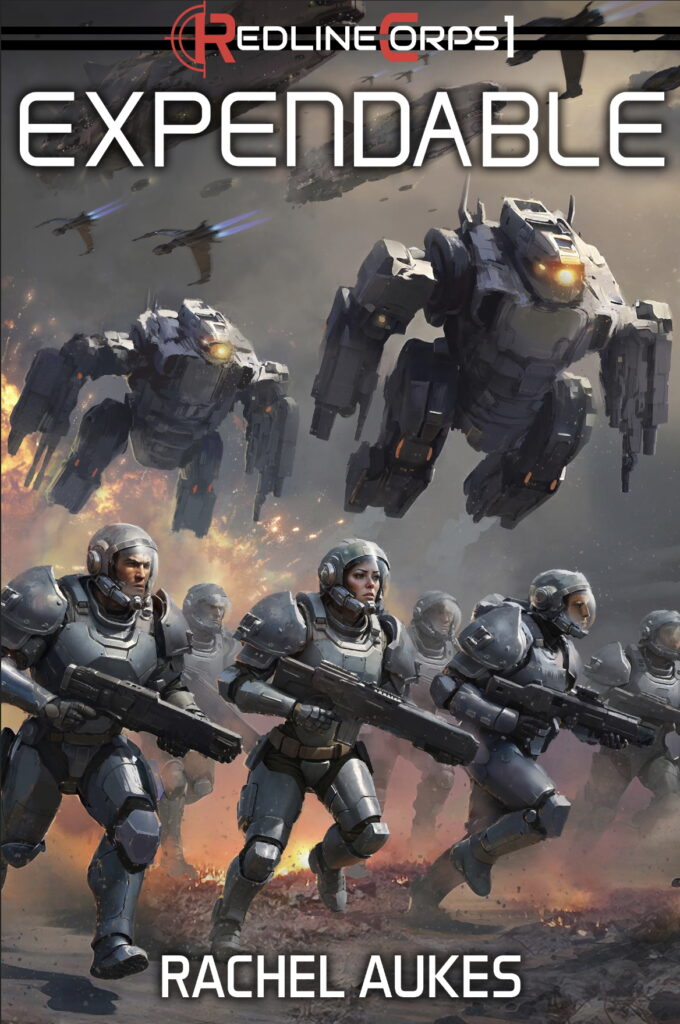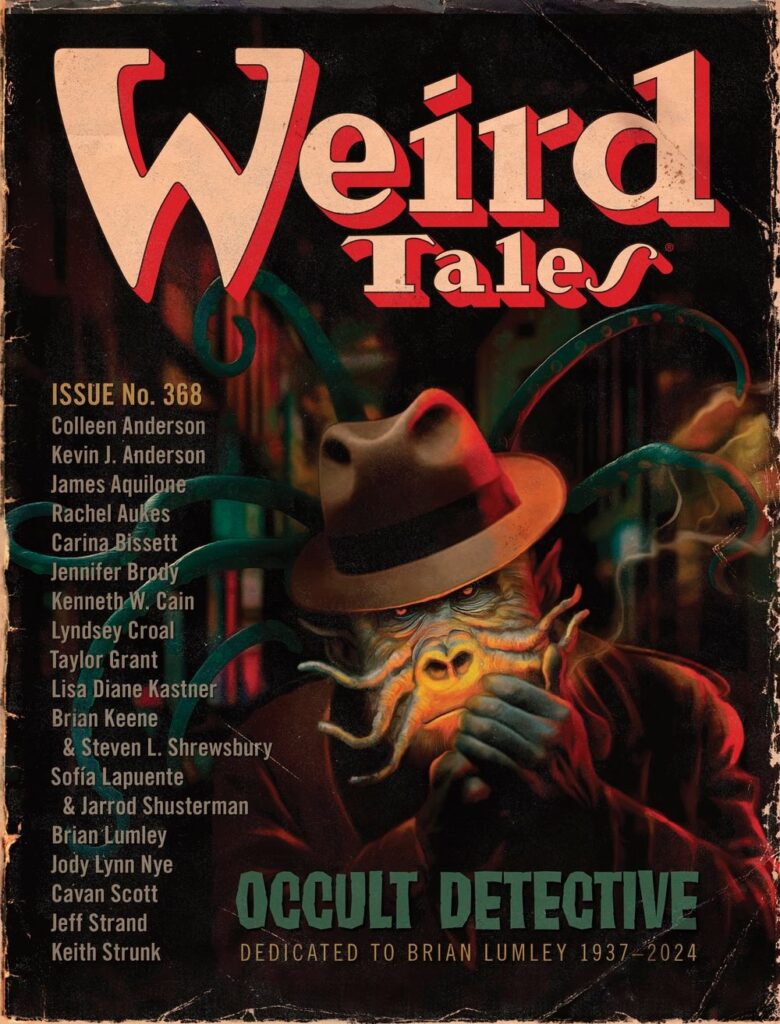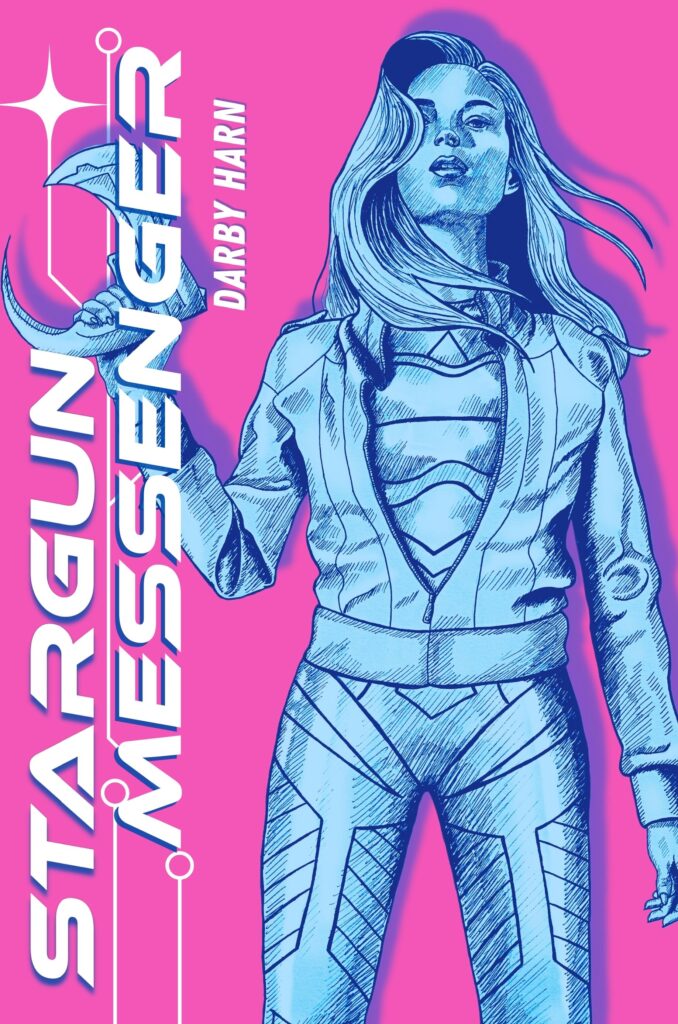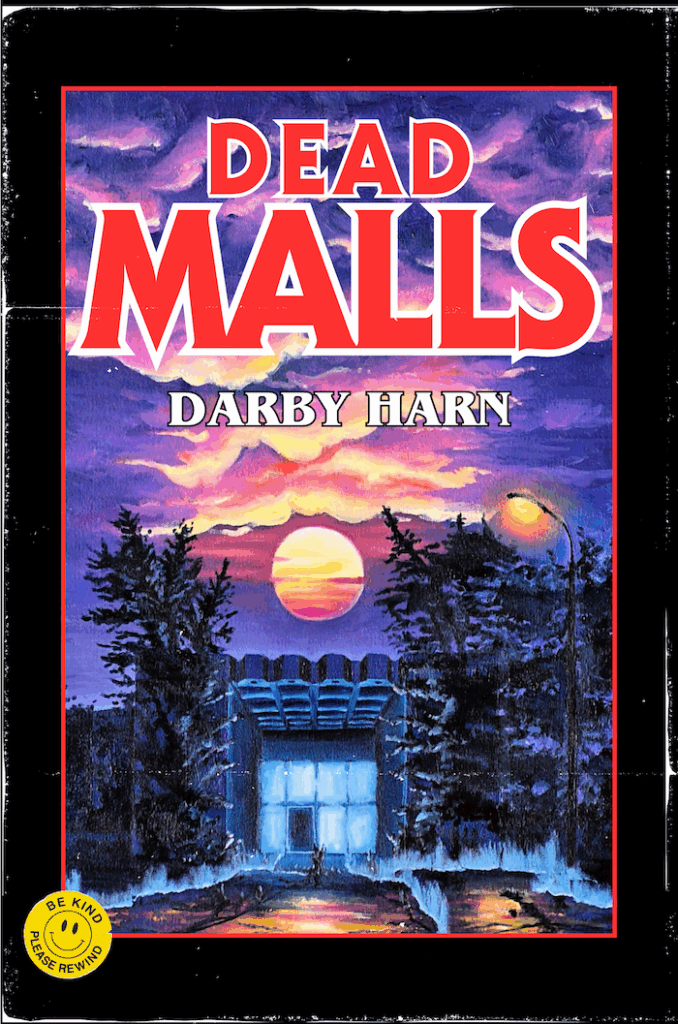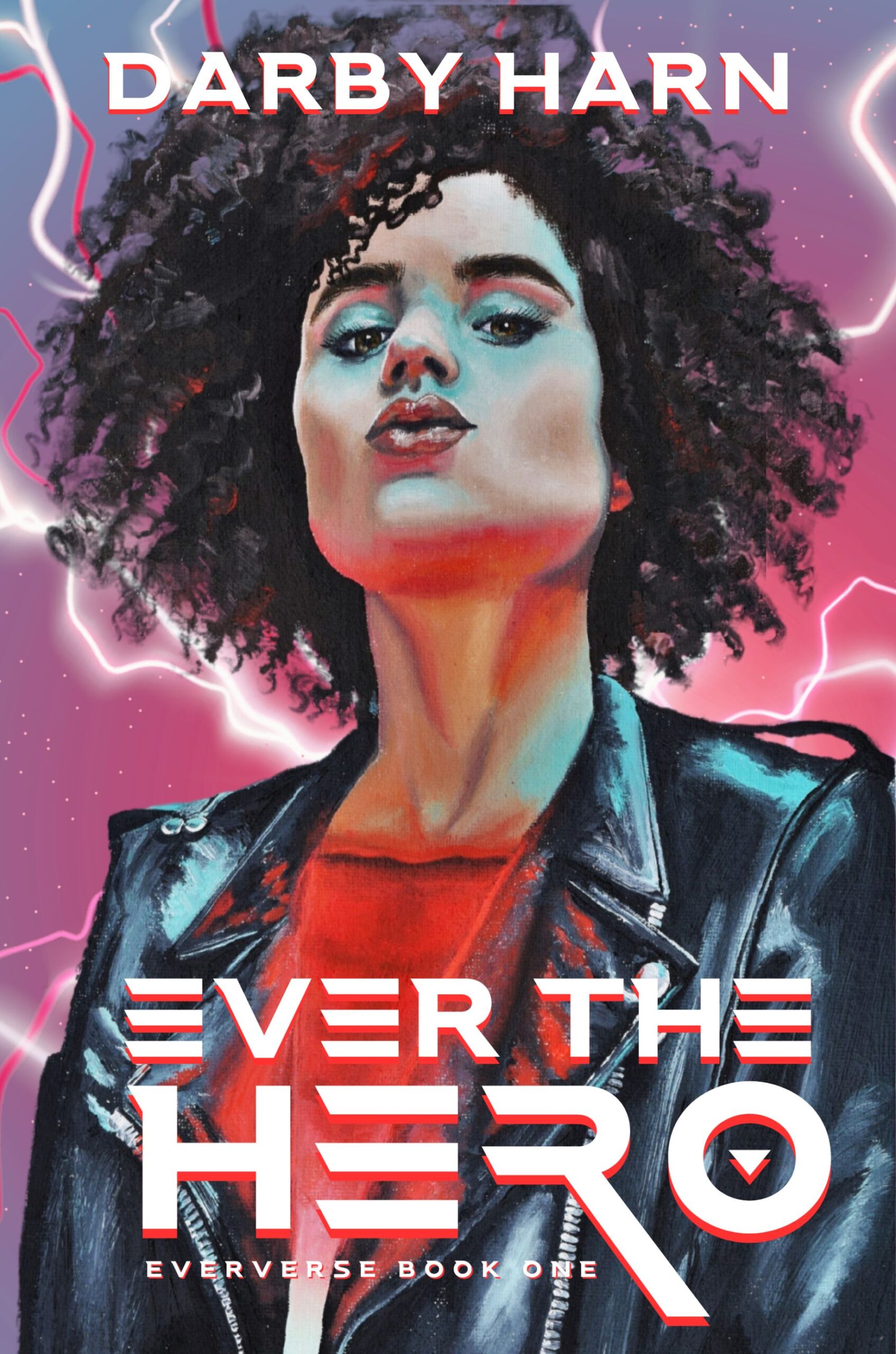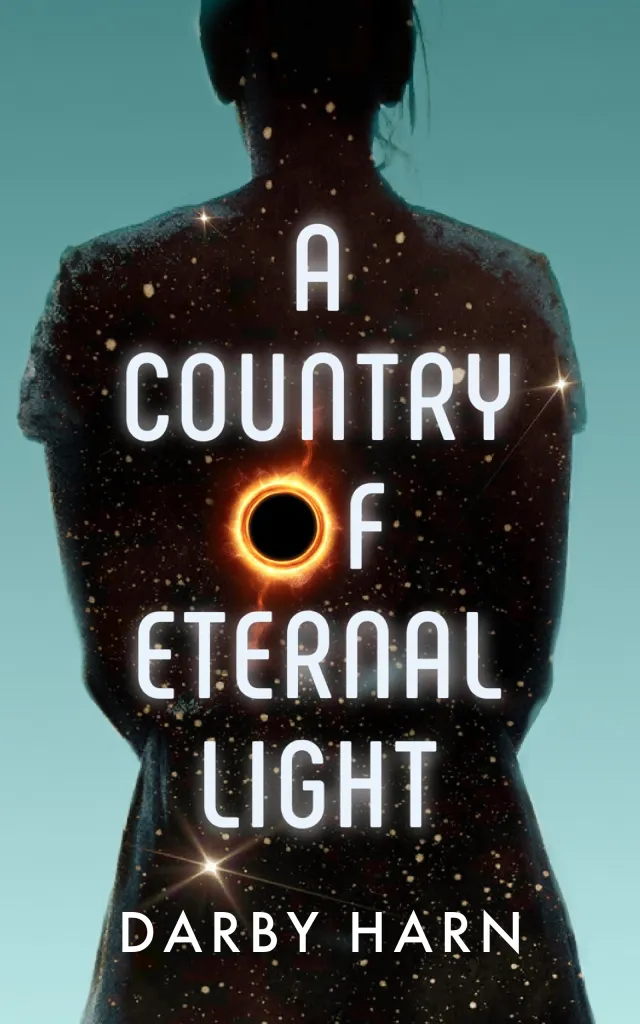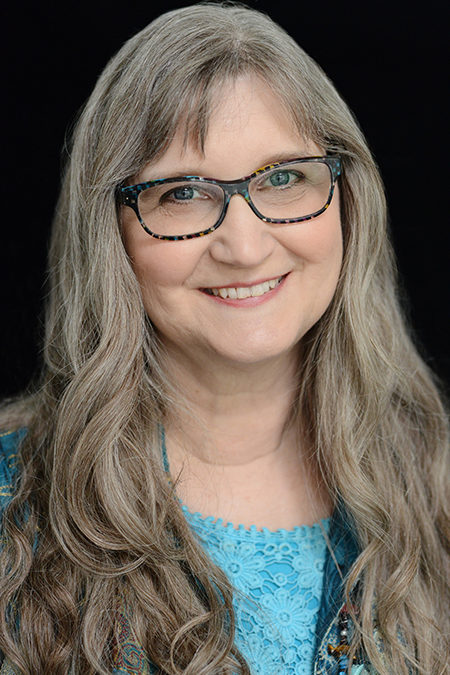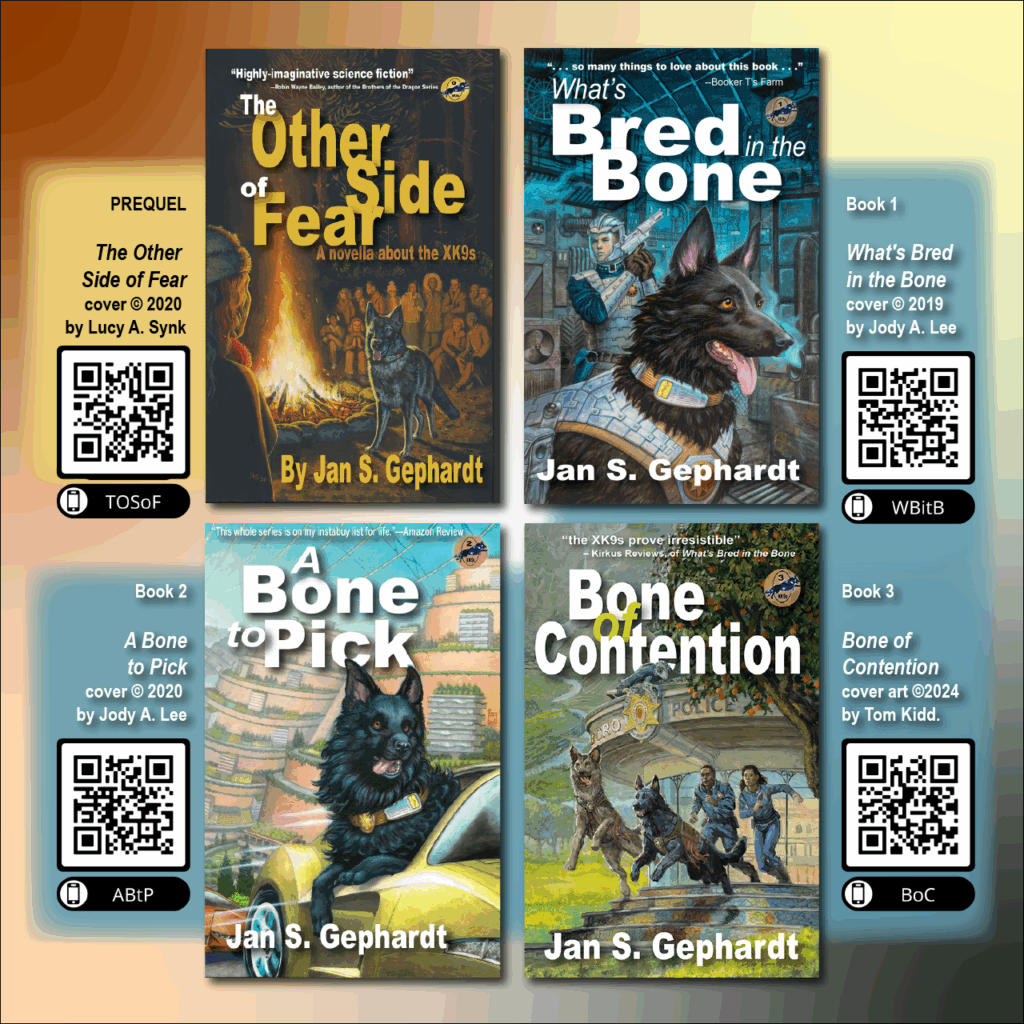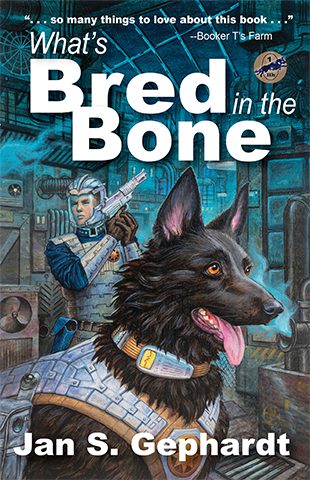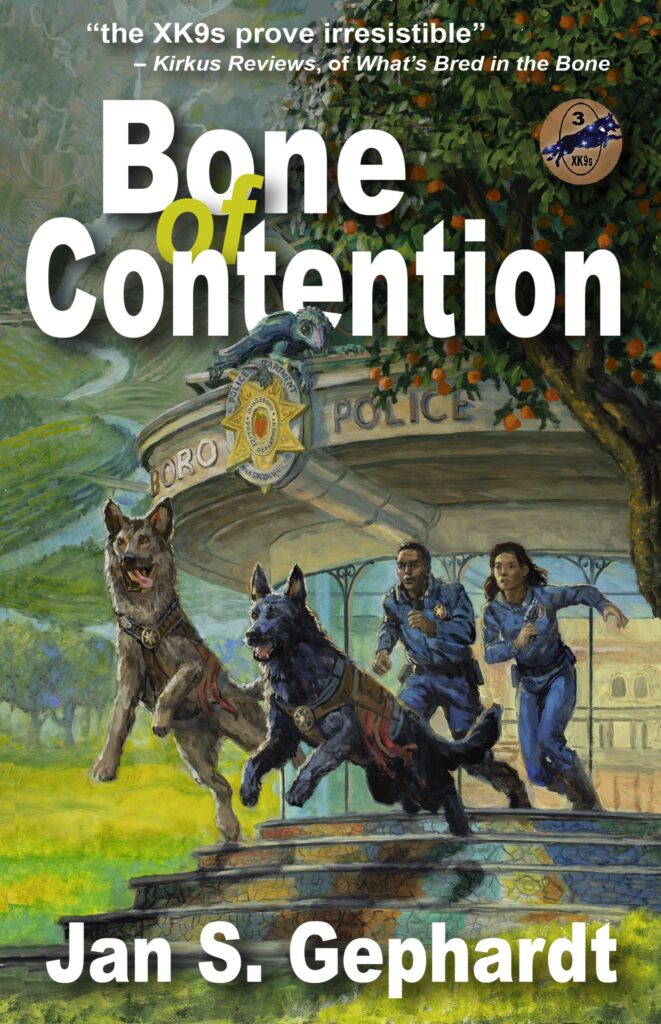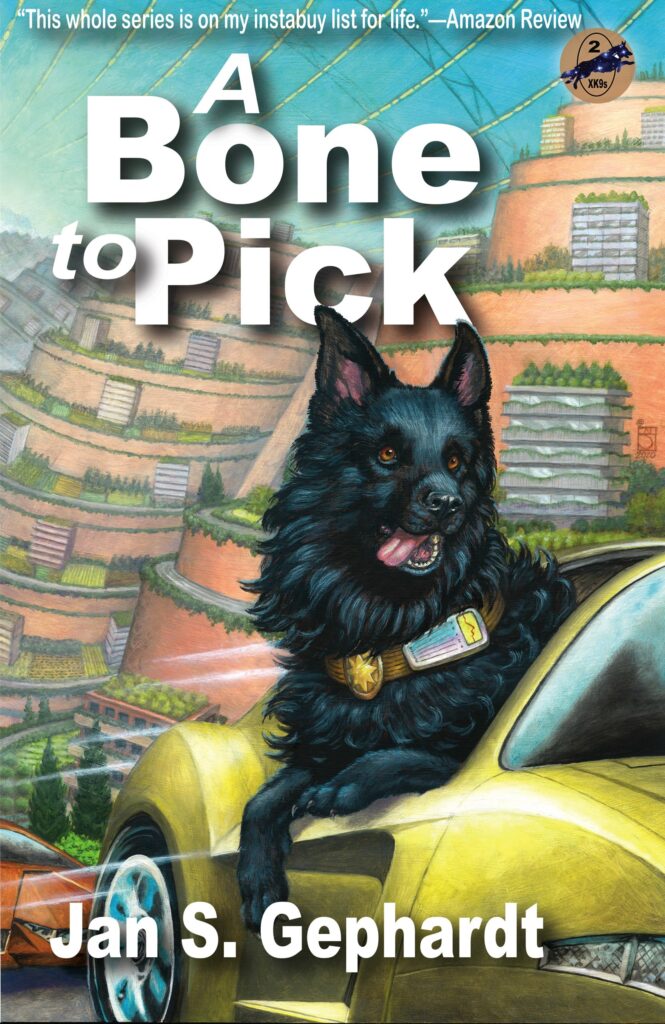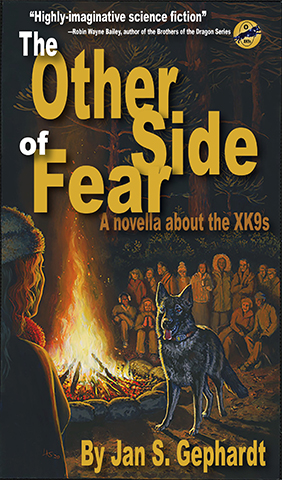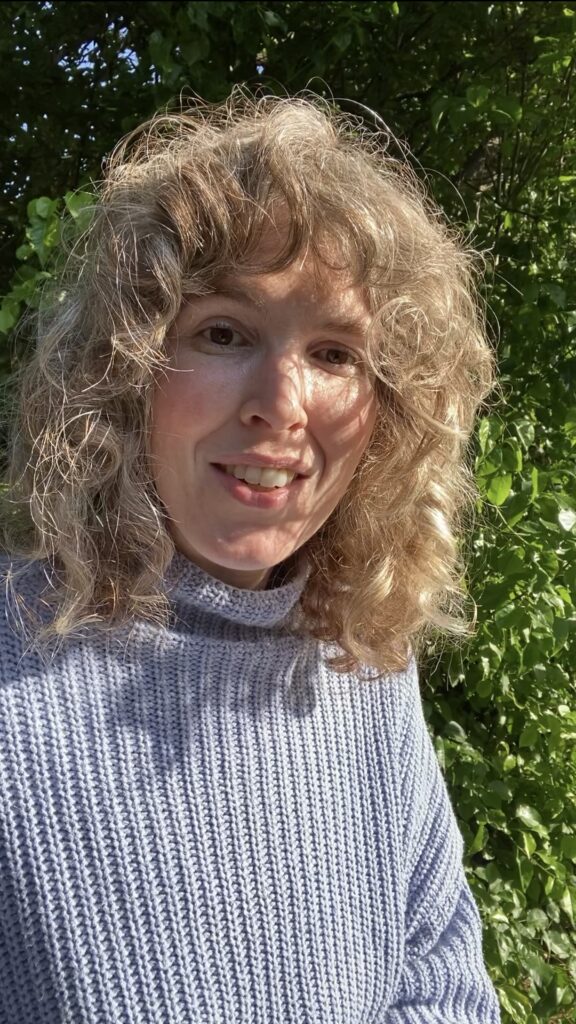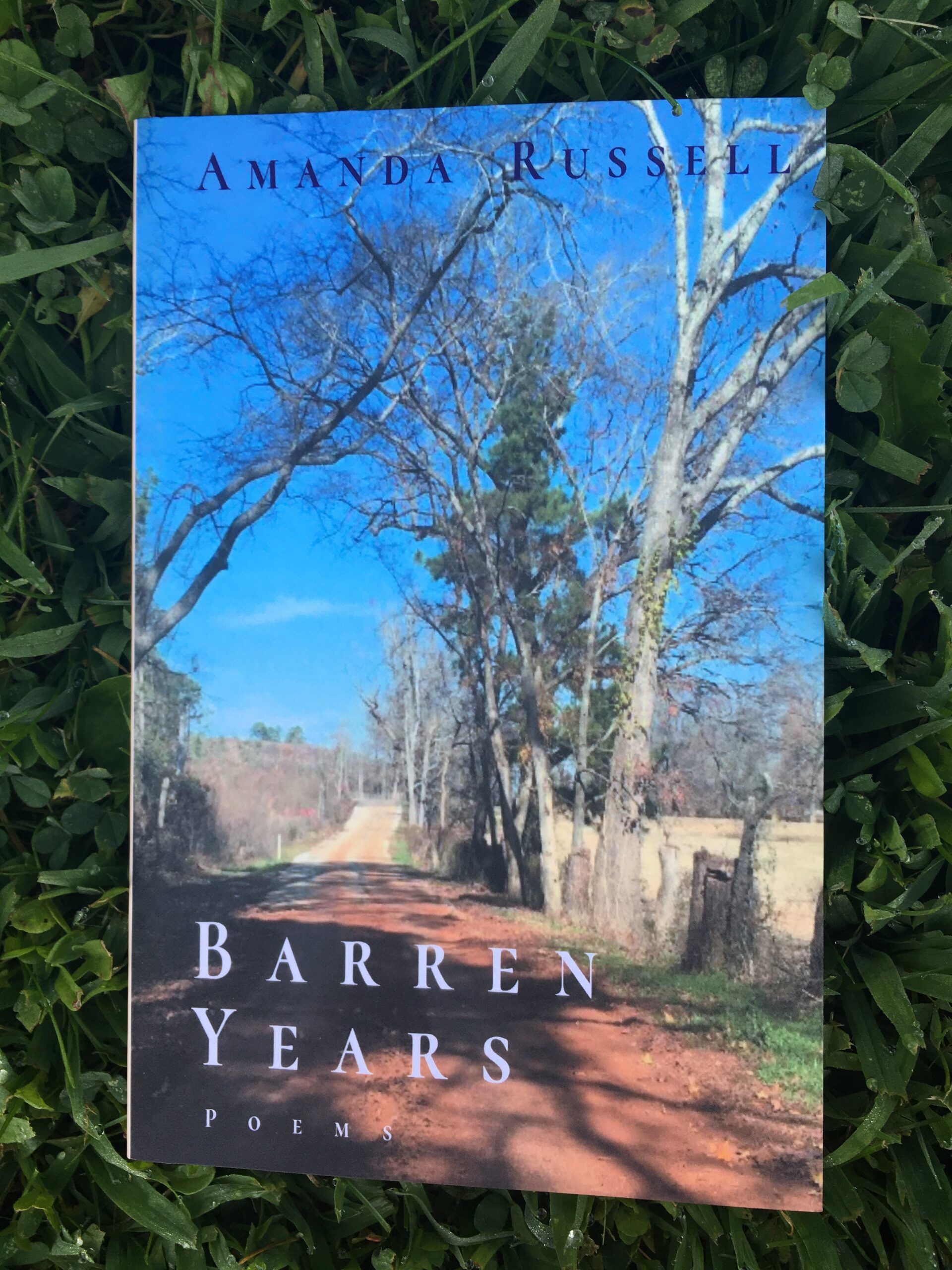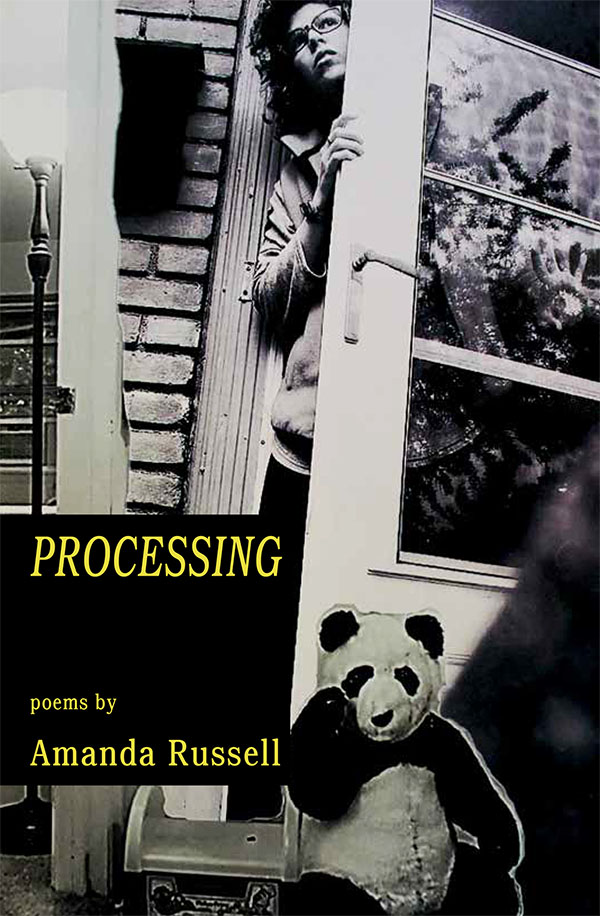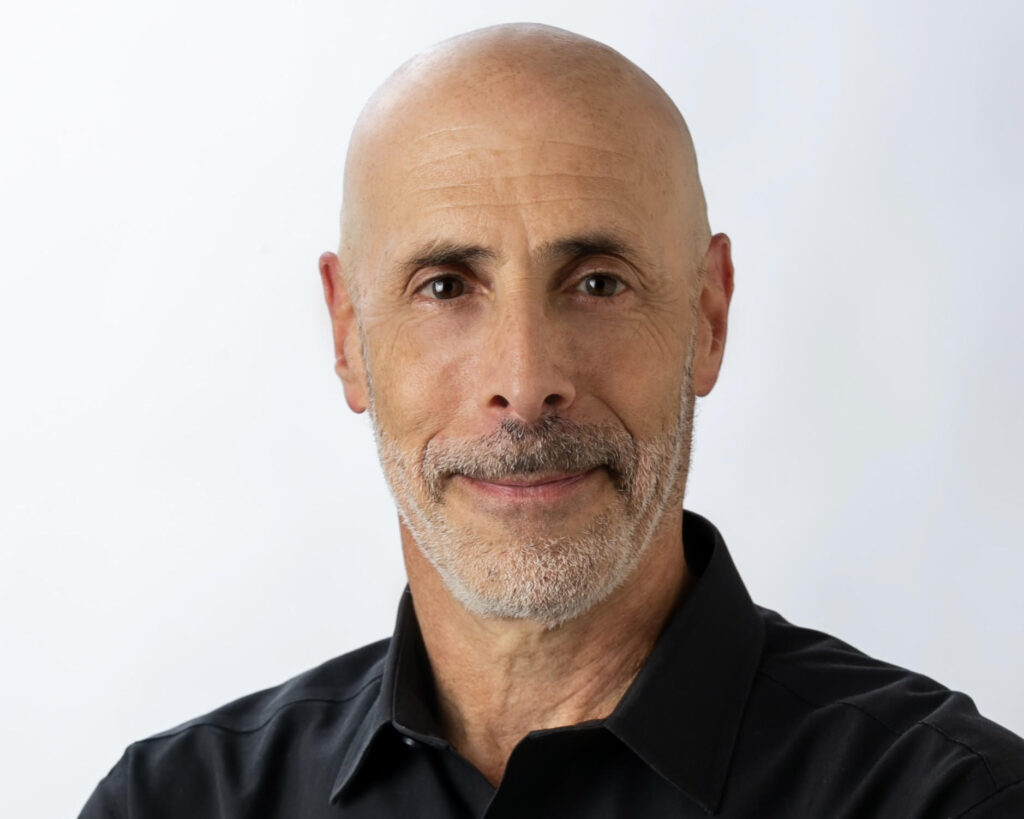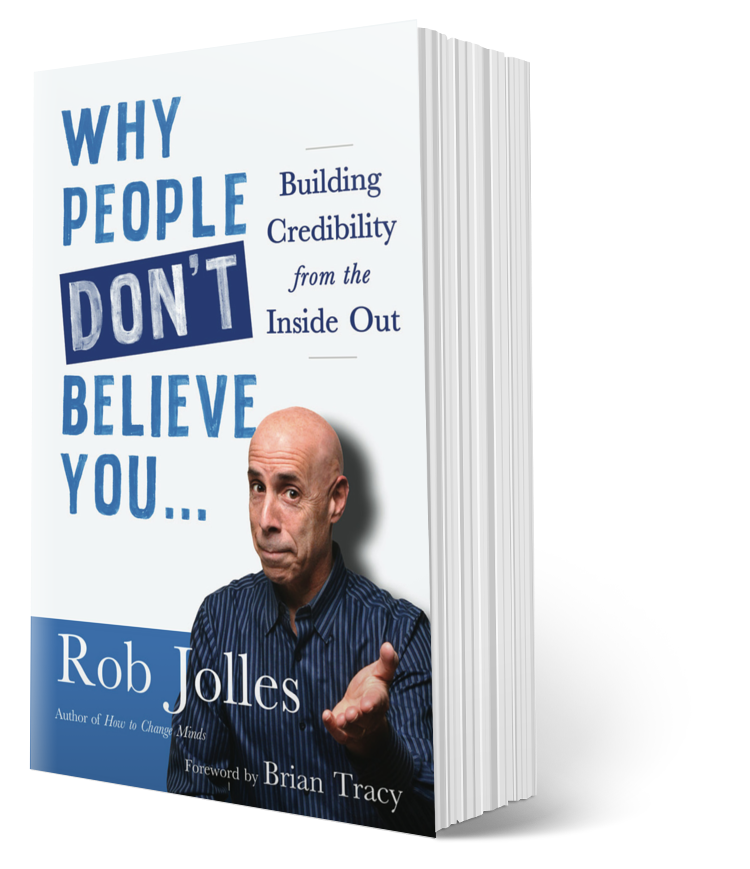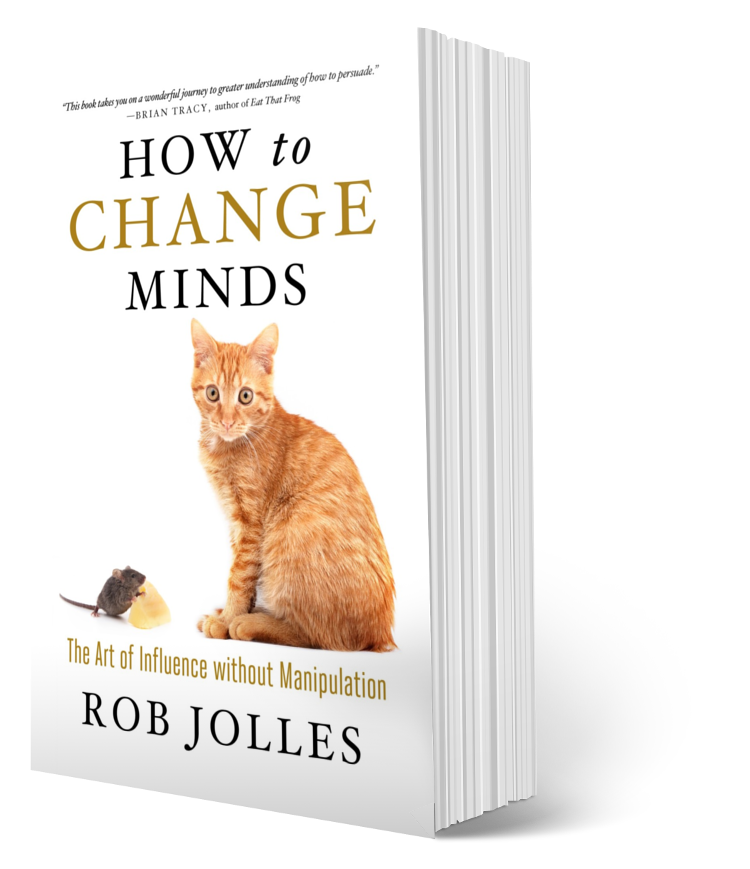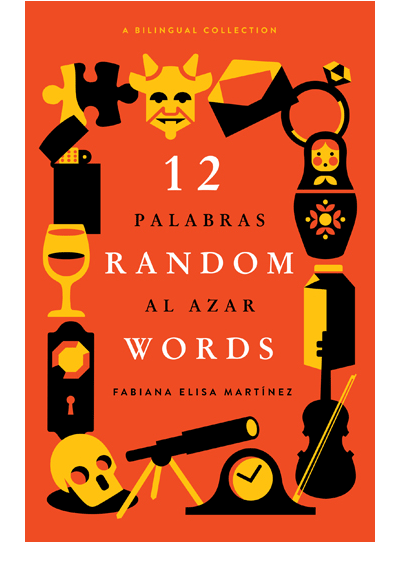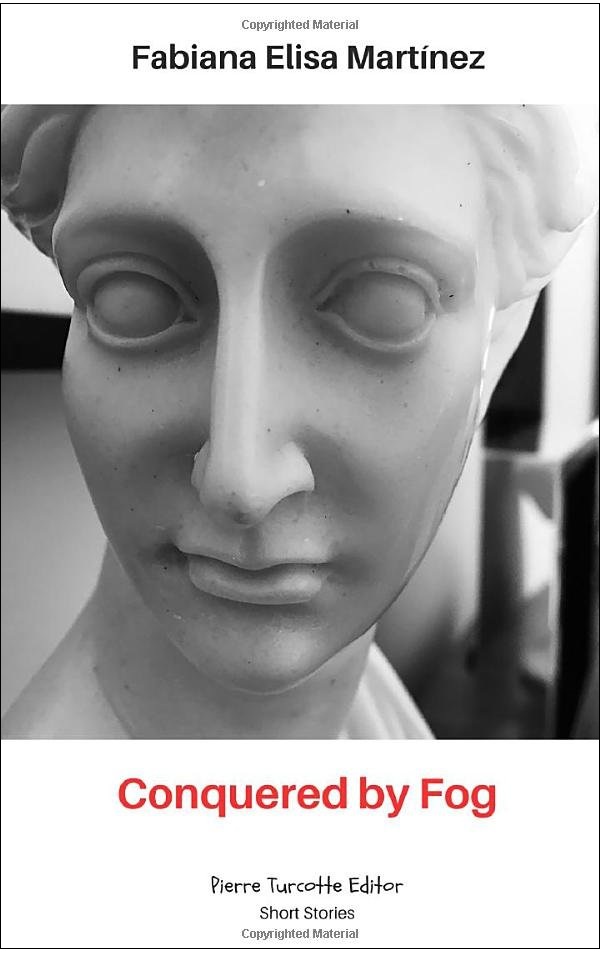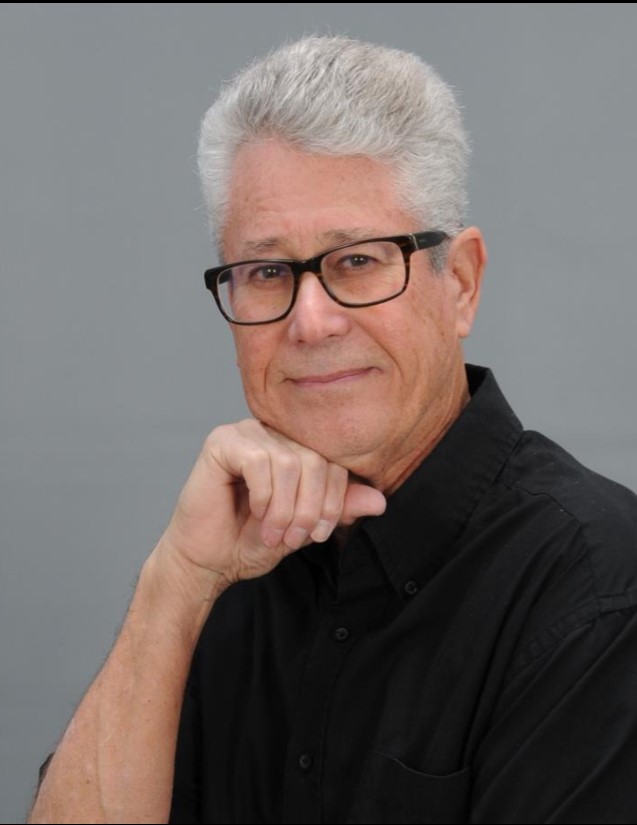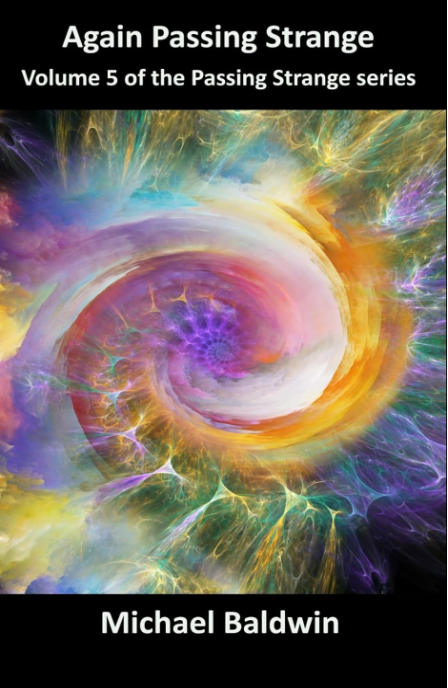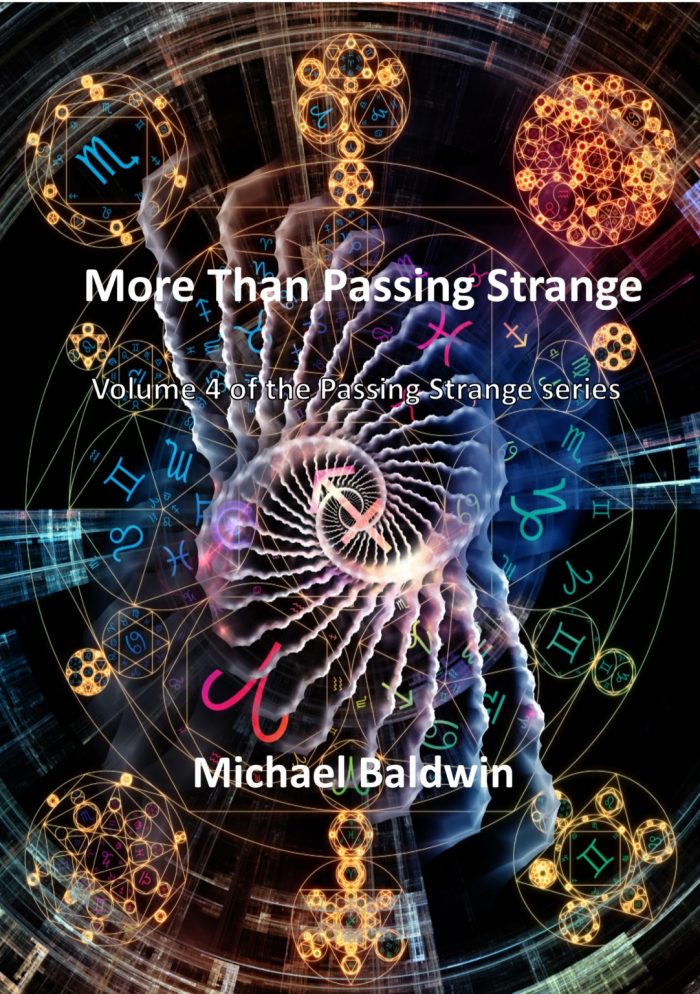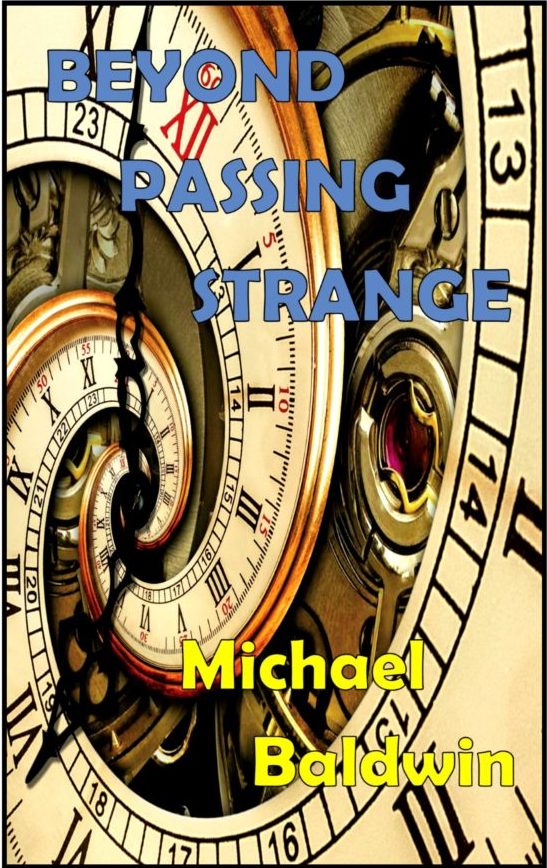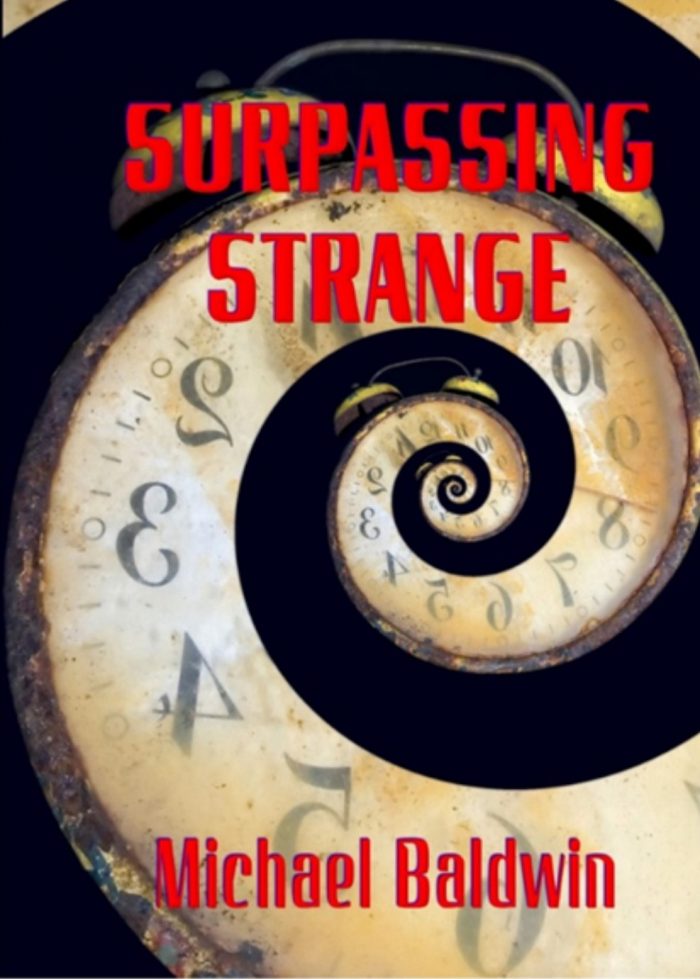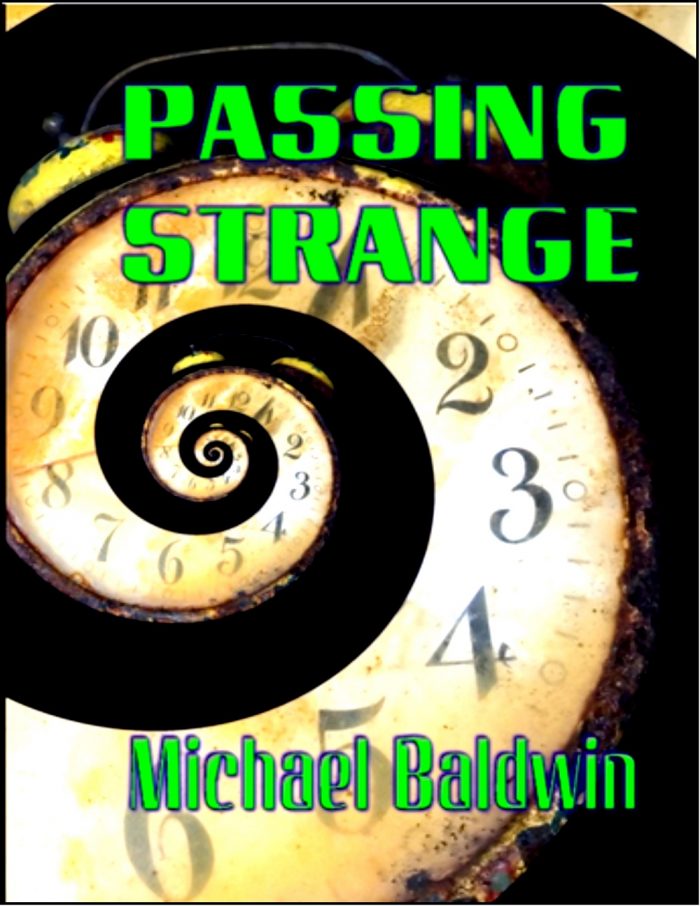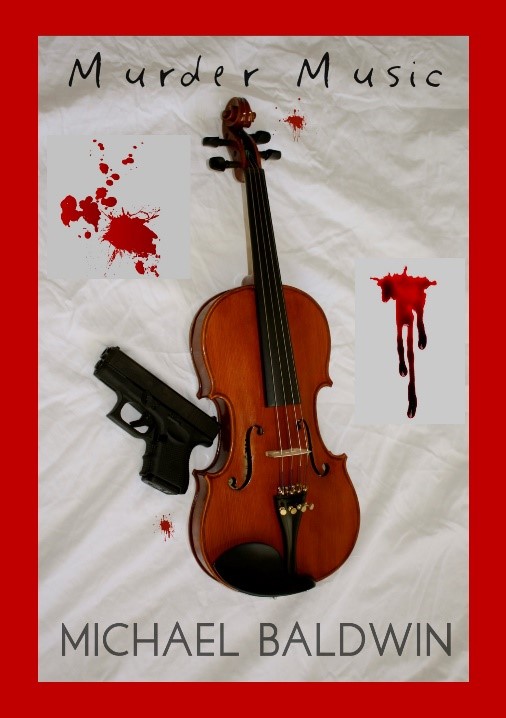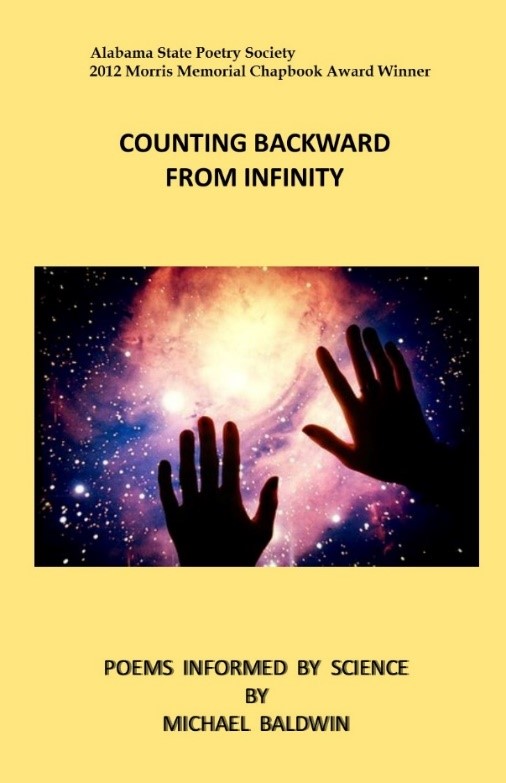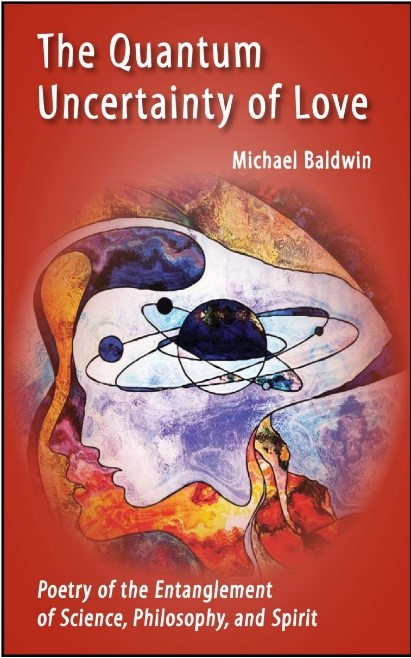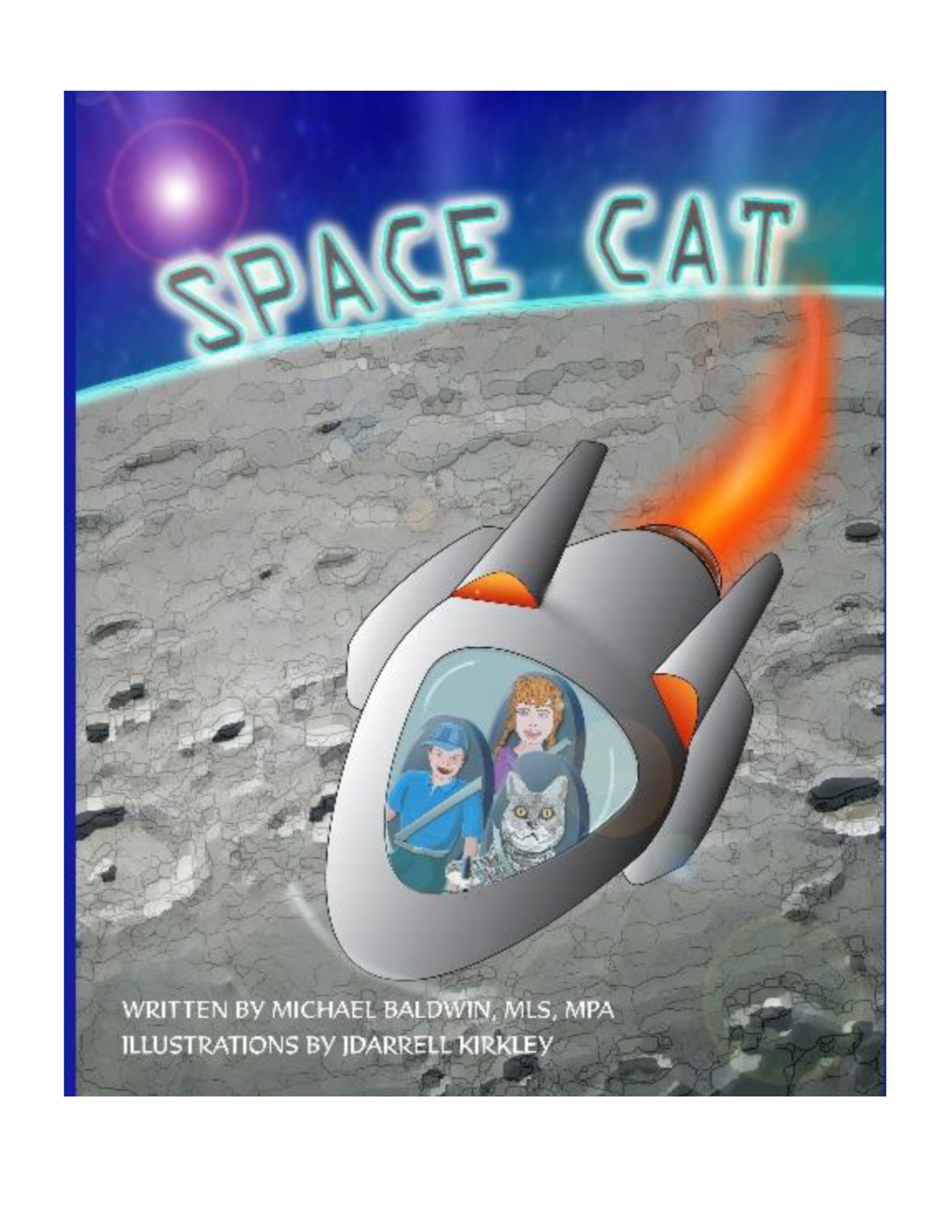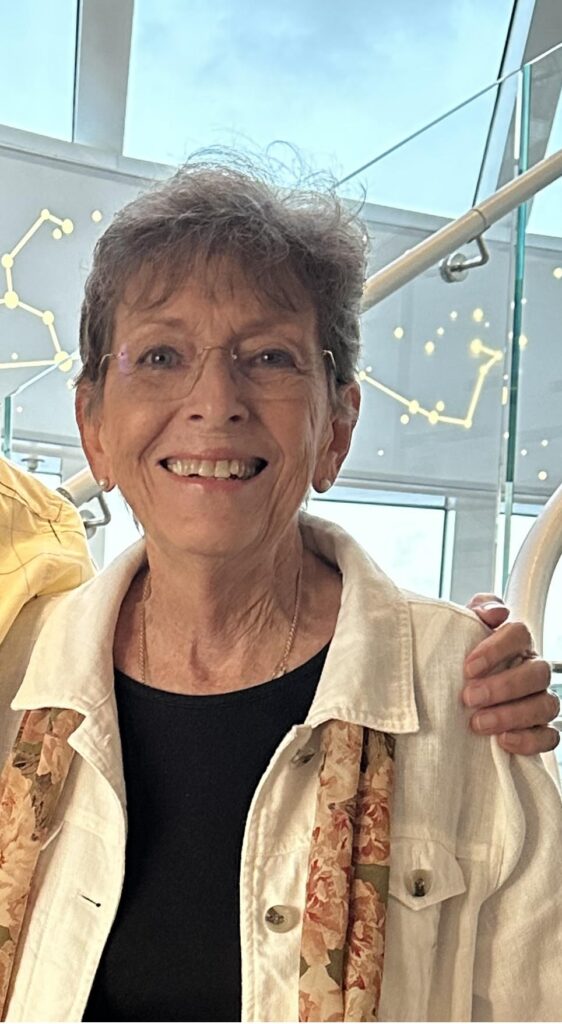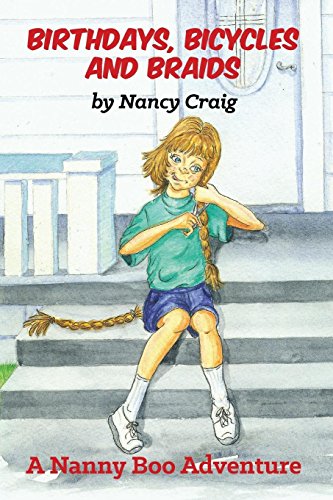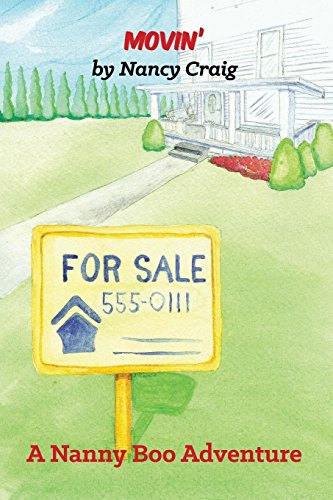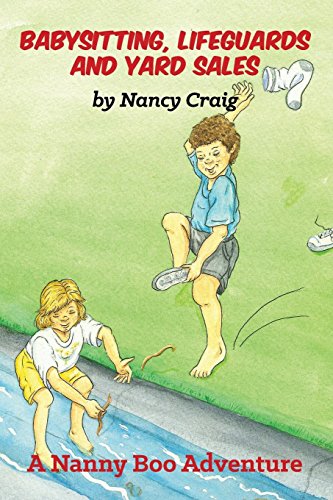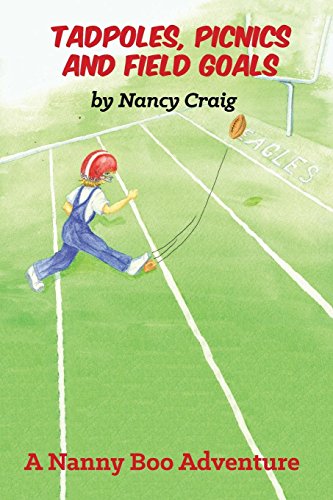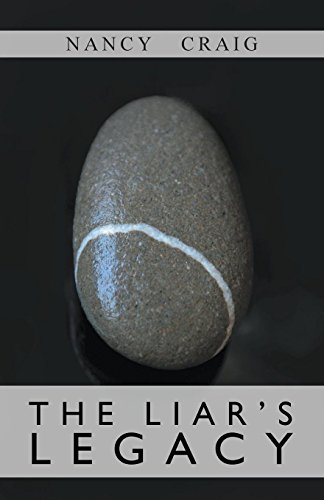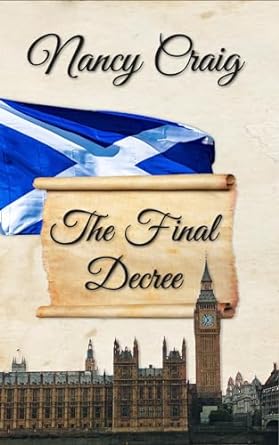At the ICON 49.5 conference in Iowa City last month, I met and sat with author Tricia Andersen at a book signing. Luckily, I stayed on her good side—she knows kickboxing and Jiu Jitsu. If you’re wondering how a skill in martial arts helps with writing fiction, particularly romance fiction, read on to see how Tricia explains it.
Bio
Tricia Andersen lives in Iowa with her husband and her three children. She graduated from the University of Iowa with a Bachelor of Arts in English and from Kirkwood Community College with an Associate of Arts degree in Communications Media/Public Relations. She writes romance for all genres, from paranormal to historical to contemporary. She also has a couple of non-fiction historical titles and a few children’s picture books under the pen name, Lynette Andersen.
Interview
Poseidon’s Scribe: How did you get started writing? What prompted you?
Tricia Andersen: I have actually been writing since I was young. My mom has a “book” I wrote in preschool when I was five. It’s something I have loved to do since I can remember.
P.S.: Who are some of your influences? What are a few of your favorite books?
T.A.: I love books written by Karen Marie Moning. She made me realize that my voice and the way I write are a legitimate method. Before that, I felt that no one would want to read what I wrote because it wasn’t similar to what most authors sounded like. I also enjoy reading what my friends write. I think it’s important to support other authors.
P.S.: Thistle Tattoo features a man struggling with PTSD, on the edge of suicide, who receives help from a woman working in a tattoo parlor. Do you find it difficult to address the touchy issues of PTSD and suicide?
T.A.: I do. I was honored to help with Operation First Response, an organization that assists wounded soldiers. That experience opened my eyes to the issues that veterans face. While the original premise (and first couple of chapters) of Thistle Tattoo was a short story for an anthology, it was a challenge to continue to flesh out Rhett while being aware of the real issue of PTSD and veteran suicide.
P.S.: Tell us about your experience with kickboxing and Brazilian Jiu Jitsu. Do you engage in these sports for research, enjoyment, or what?
T.A.: It has been both research and enjoyment. I didn’t originally plan to get involved in martial arts. When I got my first publishing contract (Black Irish is the first book I published with a small publisher), I wanted to write a book as a sort of thank you for my dreams coming true. I wanted to write a book with a character that had the same disorder my daughter has, Cyclic Vomiting Syndrome. I needed a male main character who had a sports-type job that others would look down on. I settled on Mixed Martial Arts (MMA). I reached out to the owner of a local MMA gym to see if he would answer questions for me. He agreed. While I was waiting for a reply, I noticed they had kickboxing classes. I always wanted to try so I talked my husband into one month. That was in 2013. I paused my training at the start of the pandemic in 2020 but I hope to get back to it soon. I love every bit of it. I love the people I worked out with. I love the path it has put me on. I do have a bronze medal in jiu jitsu from a competition in Chicago that I took part in. It has also given me a great deal of knowledge that I put into my books.
P.S.: Congratulations on earning your bronze medal. In Welterweight, the first in your Hallow Brothers series, you give readers an MMA fighter who’s also a werewolf, and the story involves mysteriously appearing tattoos. Tell us about Meg Riley, the female main character, and also what ties the Hallow Brothers series together?
T.A.: At the beginning of Welterweight, Meg is the new ex-girlfriend of Caleb’s opponent, the fighter who is currently holding the welterweight belt. She is tough, sassy and can hold her own against a werewolf with a bad attitude. Their tension melts throughout the book as they fall in love with each other and learn the few little secrets that they didn’t know about their mate.
Each of first seven books of the series profile a brother meeting his mate, forming the mating bond and confronting whatever trouble is brewing against them. There is an underlying plot that involves the reincarnation of an ancient evil Egyptian magician and the artifacts he conjured to help him take over the world. These items, along with the current version of him, can give anyone who possesses them whatever they want. Oh, one last thing. The current reincarnation is a mate of a Hallow Brother.
P.S.: What are the easiest, and the most difficult, aspects of writing for you?
T.A.: The easiest part of writing for me is coming up with an idea. I can listen to a song or watch a show and come up with a plot. The hardest is to find time to get the words down and to keep myself to one story.
P.S.: Your novel Nature of the Beast, third in your Gods of DC series, explores love across an age difference—older woman and younger man. It also delves into Greek mythology, a common thread of this series. Without revealing any spoilers, tell us about Freddy and why he falls in love with Demeter.
T.A.: Freddy is one of my favorite characters. He is a leprechaun as well as the high priest for Ares, the Greek god of war. He works as the manager of Ares’ fight club, which is also the god’s temple in the modern world. He falls in love with Demeter at first sight despite her age. His feelings continue to grow as he gets to know her.
P.S.: How did you come to write four book series (The Hallow Brothers, Gods of DC, Black Irish, and Hard Drive)? Did you finish one series and move on to the next, or do you add a new book to a series when the mood strikes? Also, may each of your series be read in any order, or should readers start with the first book in each case? Are you expanding Fighting the Odds into a series as well?
T.A.: The Black Irish series was the first. I started the Hard Drive series while I was working on it as a huge thank you for my dreams coming true. I came up with the Hallow Brothers at the request of my second publisher. They wanted me to write a book about werewolves and required that there be a mating mark and they mate for life. I wrote what I thought was the most ludicrous thing I could come up with. They took it without hesitation. The Gods of DC came from a speed writing session on Facebook. The readers who were reading it as I wrote encouraged me to make it into a book. If I have a book about one Greek god, I have to keep on with the Parthenon.
Which book I write depends on my mood and what is going on in my head. The feedback from my readers also heavily influences what I write. If I write a cliffhanger, I don’t want them hanging on too long. Most of my books can be read in any order except the last three books of the Hallow Brothers series. Things might get confusing at that point without knowing what happened at the beginning.
I am hoping to get to the Fighting the Odds series soon.
P.S.: Apparently writing numerous novels, practicing Jiu Jitsu, and raising three children leaves you plenty of excess hours to make and sell embroidered tote bags. How do you squeeze that into your schedule?
T.A.: I squeeze them in by necessity. When someone wants one or I want to have bags on hand, I set aside other things I am working on to get them done. It helps that I have a very understanding family and that the machine that stitches them out works automatically without me. I only need to load the design, change the thread and make sure it doesn’t stitch on the wrong side of the bag. It’s a great time to work on writing while it hums along.
P.S.: What is your current work in progress? Would you mind telling us a little about it?
T.A.: As usual, I am working on two books at a time. My first is a sci-fi/horror with a little romance. It’s my first sci-fi and one of my first that is not heavily romantic. It is about a librarian who moves to Boston for her first job at the Boston Public Library. She meets a rather odd guy who spends all his time in the library reading archaeology books. She soon finds out that he is the vessel for an evil alien who sucks the blood out of humans to survive. She searches for answers – can she trust the real him? How can she help him? Does he want help?
The other one…I’m kind of keeping that one under wraps for a little bit longer. All I can say is there will be a lot of happy people when it comes out.
Poseidon’s Scribe: I guess we’ll have to wait for more news about that second one. What advice can you offer aspiring authors?
Tricia Andersen: Don’t give up. The publishing world, especially if you are an indie author, can be overwhelming. Approach each step one at a time. You can do it. Just don’t give up.
Poseidon’s Scribe: Thank you, Tricia. I love that advice.
Web Presence
Readers can find out more about Tricia from many online sources, including her website, on Facebook, Amazon, Bookbub, Bluesky, Twitter, Instagram, TikTok, and Goodreads.

